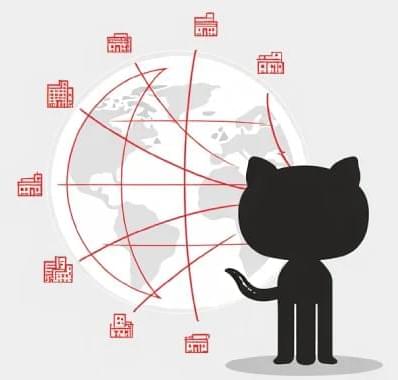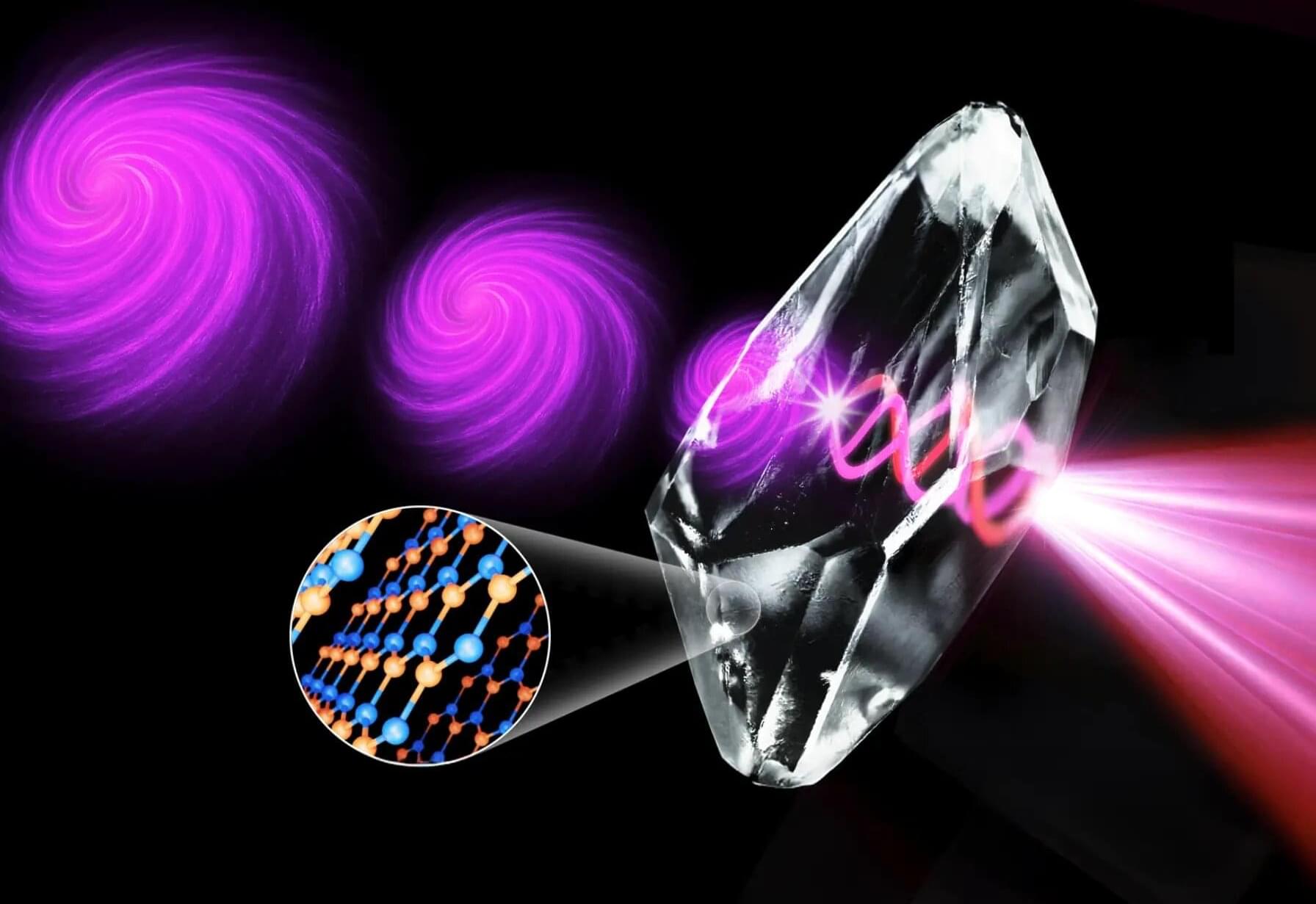A new study led by computer scientists at the University of California, Davis, reveals that generative AI browser assistants collect and share sensitive data without users’ knowledge. Stronger safeguards, transparency and awareness are needed to protect user privacy online, the researchers said. A new brand of generative AI, or GenAI, browser extensions act as your personal assistant as you surf the web, making browsing easier and more personalized. They can summarize web pages, answer questions, translate text and take notes.







